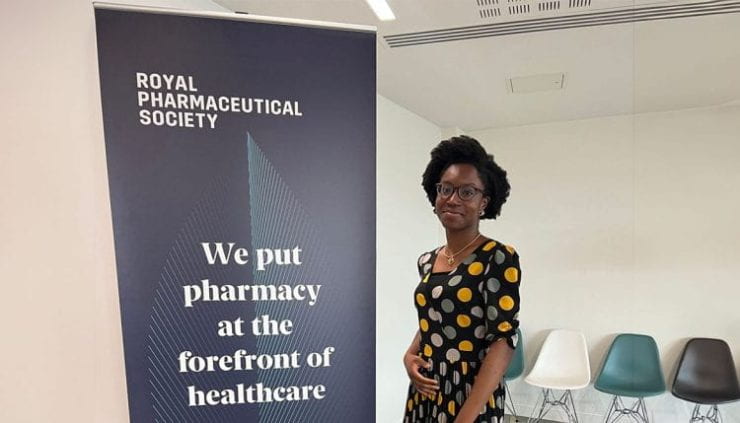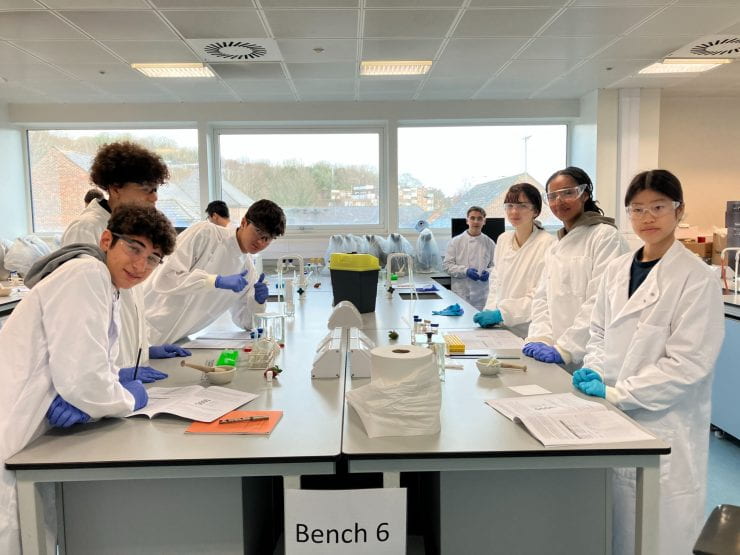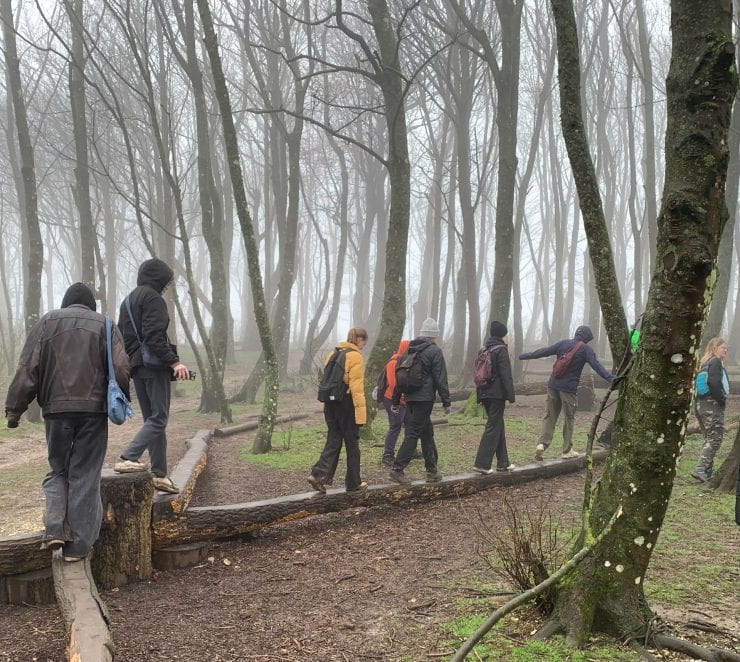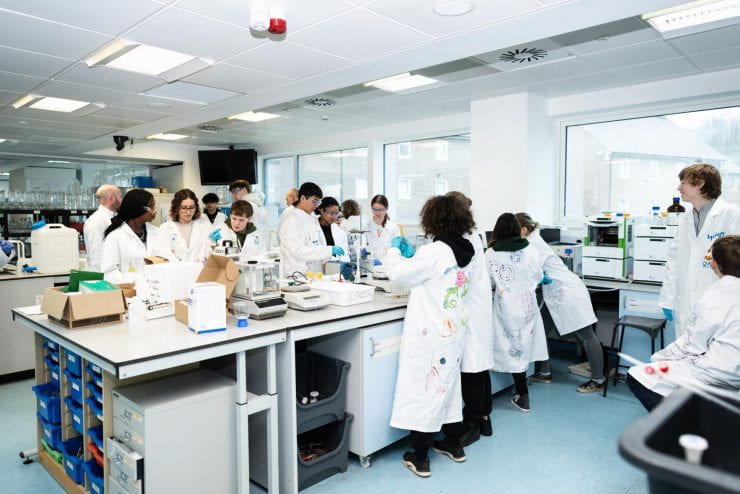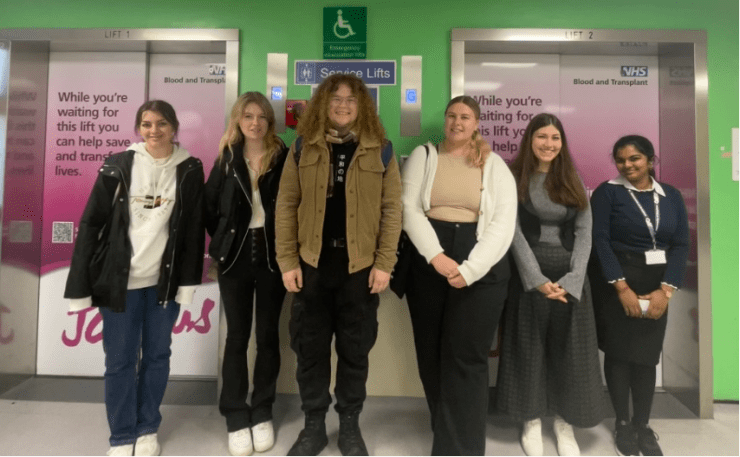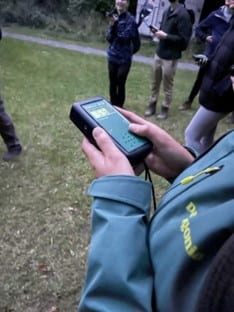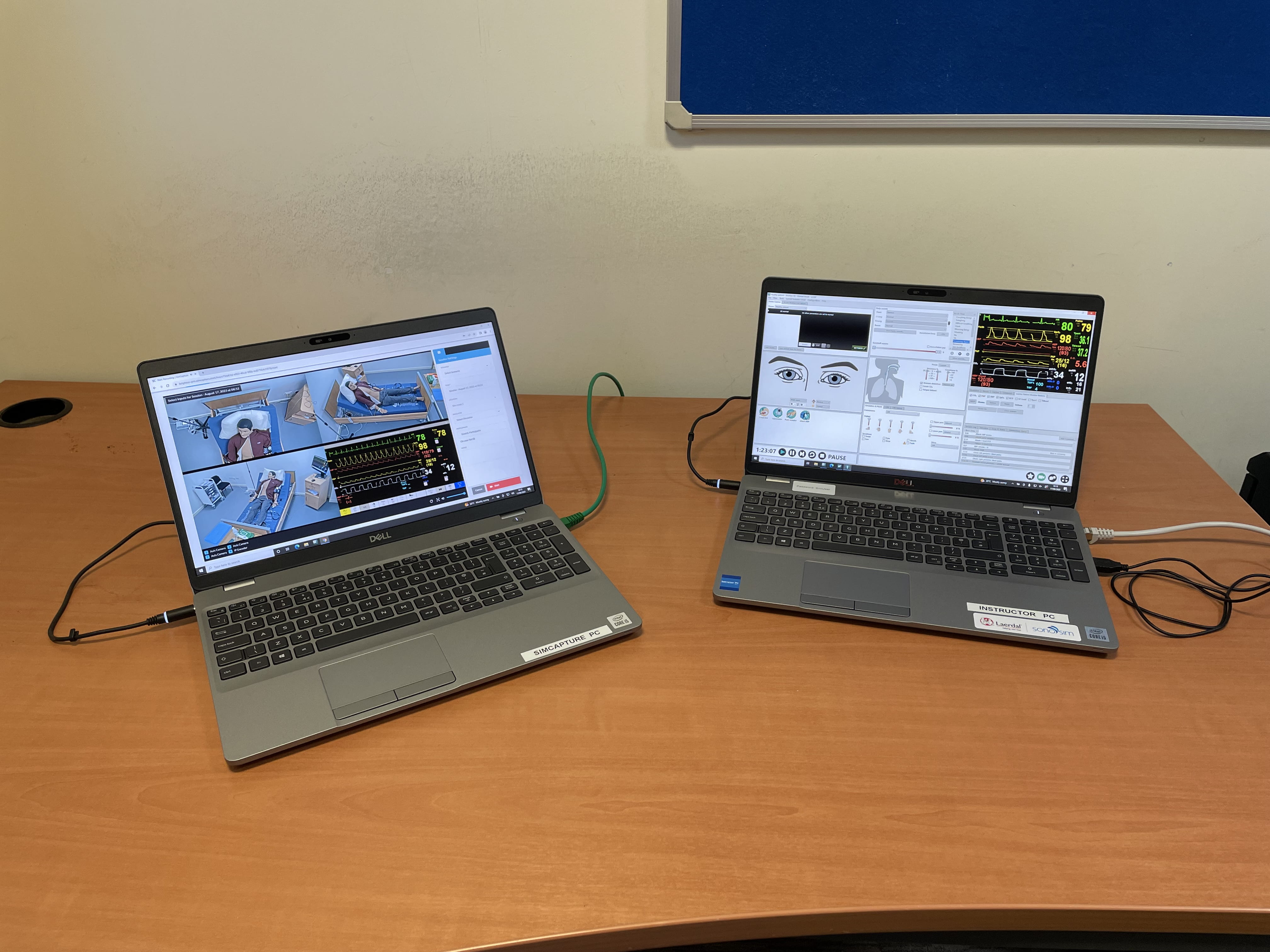Pharmacy student, Grace Oreyeni, was awarded the Black and Black-Mixed Heritage Progression Scholarship.
The Progression Scholarship includes financial support as well as access to other support, such as free gym membership and access to mentoring and networking opportunities. Here she tells us how the scholarship has impacted her so far.
Continue reading “Scholarship provides a boost for University of Brighton student”